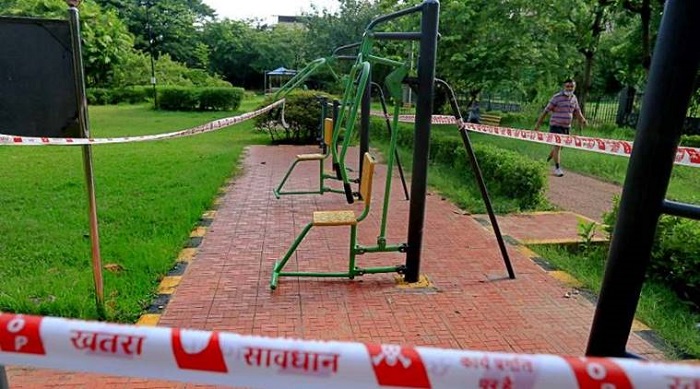Bengaluru, Mar 4: The Karnataka High Court has issued a notice to the state government in connection with the denial of retirement benefits to a retired deputy commissioner of commercial taxes who had fought against the illegal iron ore lobby.
Justice G Narendra also directed the state to respond to the notice before March 9, stating the reasons for withholding the officer’s retirement benefits.
Advocate Ramananda, appearing for the retired officer Josephat Andrews, explained that the single-judge bench also warned the government of stringent action.
Petitioner Josephat Andrews said his retirement benefits amounting to Rs 25.88 lakh were being withheld since 2014.
In 2009, Andrews detected a huge scam involving Vijaya Leasing, a company associated with former minister Gali Janardhan Reddy. Immediately he wrote to his higher officials explaining to them how the department was owed Rs 1,400 crore in taxes by the company. Immediately after that, Andrews was transferred to Bengaluru.
The media exposed the scam in 2012. Thereafter, to harass the officer, Andrews was served notice for allegedly not conducting an inspection of M/s Vijaya Leasing, which was controlled by the family of then tourism minister Gali Janardhana Reddy, on July 11, 2012. He was discharged by a full departmental enquiry.
The petitioner was issued a second show cause notice on Jan 29, 2014 on the same charges. Before his retirement, he was docked two increments, denied promotional benefits and his pension was reduced without following due process.
He was served yet another notice with charges that he did not inspect goods vehicles, and an order was passed on April 30, 2019 reducing his pension by 5 per cent, an unprecedented punitive action.
This order was quashed by the Karnataka Administrative Tribunal (KAT), which also ordered payment of retirement benefits to Andrews within five months. However, the benefits were not released to him.
“Rule 214 of the Karnataka Civil Services Rules (KCSR) make it clear that no enquiry can be held four years after an officer’s retirement. Belying all statutory rules and precedents of the Supreme Court, Josephat Andrews’ retirement benefits were withheld for five years. Andrews therefore approached the High Court,” advocate Ramananda explained.
Josephat Andrews recalled to Deccan Chronicle that although mining activity was in full swing in 2008, the commercial tax department maintained that it had nothing to do with mining. “I travelled to Gujarat, Maharashtra and Bellary to investigate. I found tax evasion of thousands of crores. When I visited M/s the Vijaya Leasing facility – it was operating from an old oil mill premises–within 20 minutes I got calls from Ali, a person claiming to be the personal assistant of Gali Janardhan Reddy. He told me to get out of the premises as it belonged to his boss. Then calls came from minister Sreeramulu and MLA Nagendra.
Within minutes 200-300 rowdies gathered around the building and my superior asked me to come back. Instead of filing a police complaint and forming a special team to deal with the situation, the department transferred me to Bengaluru,” he explained.
Talking about the High Court directive, Josephat Andrews said, “I have suffered a lot. Instead of getting a reward for increasing revenues by Rs 2,000 crore, I was punished.”






Comments
Should abandon that project
Another thuglak project.. it wont be practical. if made practical also, people wont get its benefit
People dont want yettinahole.. in public both bjp and cong opposed the project.. still why sticking on that project.
Why still yetinahole...!
Add new comment